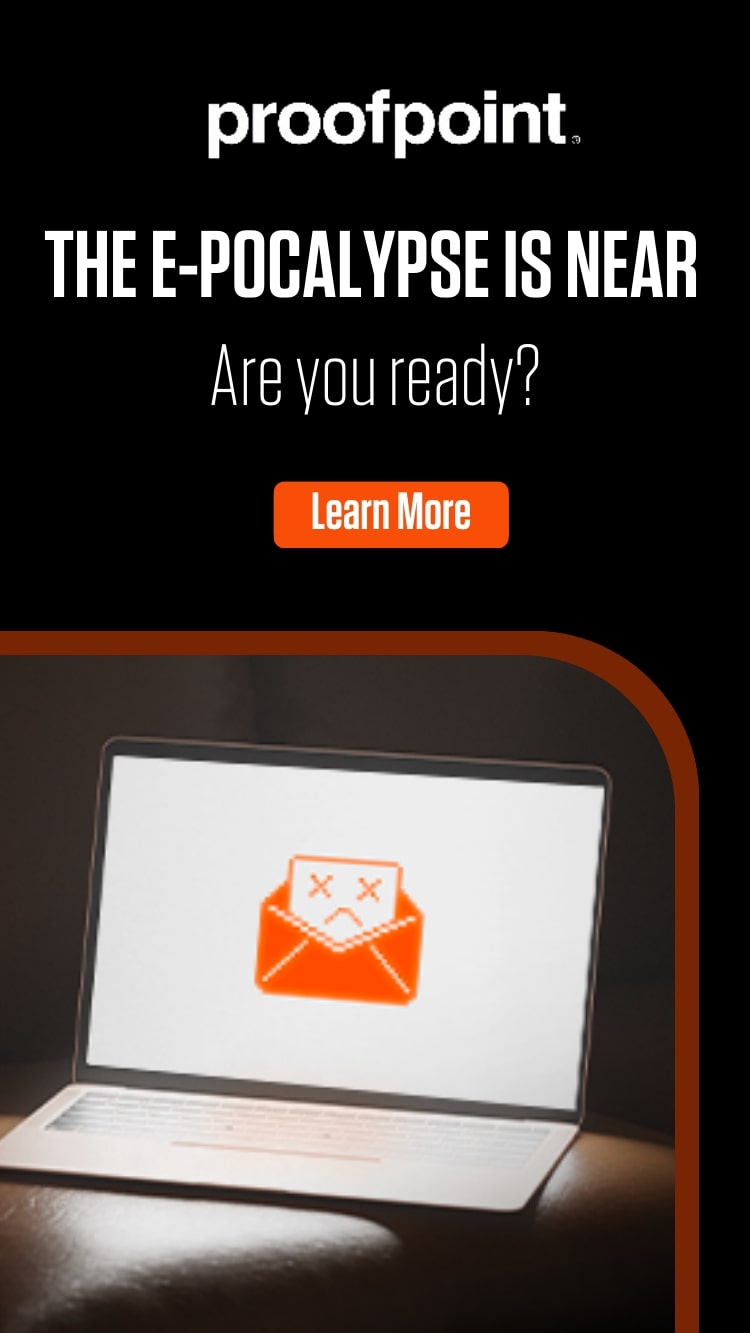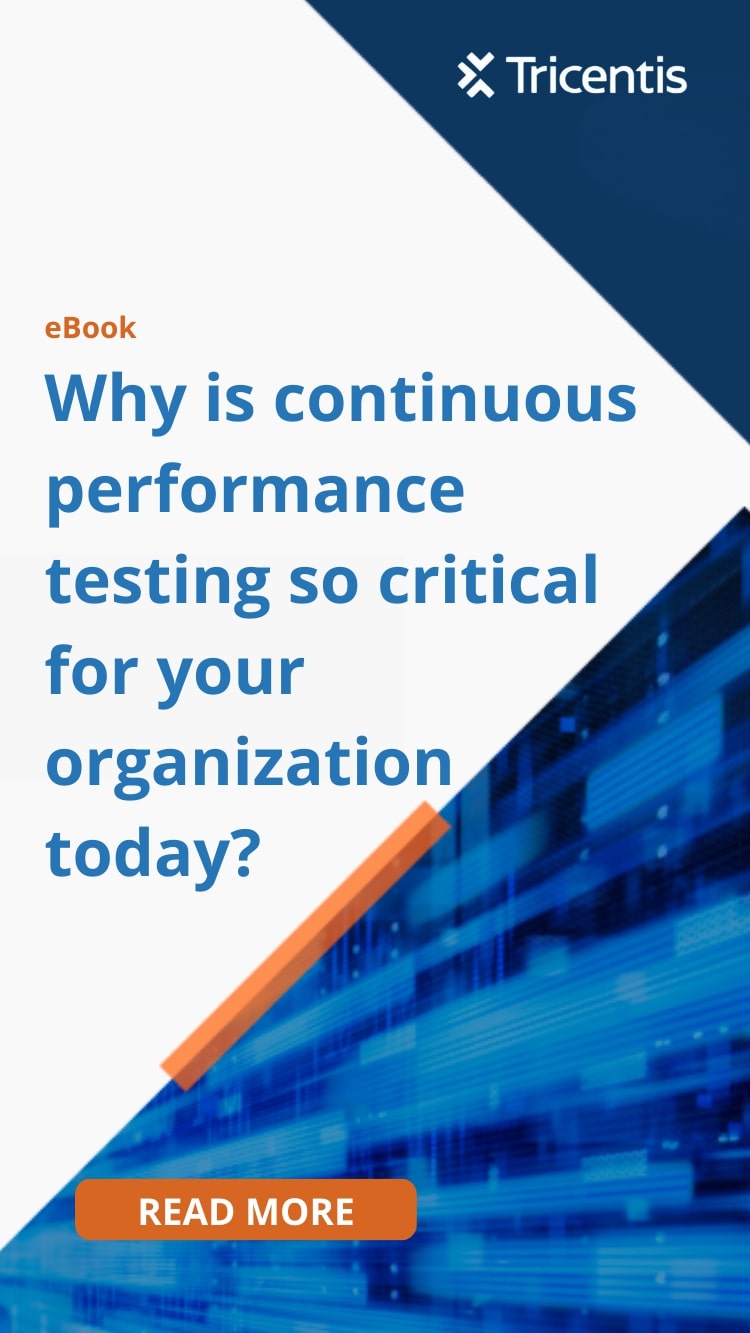AI is no longer optional for businesses. More and more businesses embrace AI to create new revenue streams, enhance customer experience, and cut costs. The only question vexing decision-makers is whether to build or buy AI. Both approaches have pros and cons.
The Pros and Cons of Build vs. Buy
Building AI
Building a custom AI solution caters to the exact enterprise requirements, with flexibility thrown in. Modelling a plug-and-play functionality aligns with ad-hoc requests or future needs. Enterprises also retain ownership over the algorithm, as a valuable intellectual property.
On the flip side, building AI is costly, time-consuming and requires considerable expertise. Open-source AI tools such as Google’s TensorFlow or Microsoft’s Cognitive Toolkit offer easy ways to build basic AI models. But a full-blown enterprise-level AI is another matter altogether, costing millions of dollars. It takes months to train Machine Learning algorithms to perfection. For instance, developing an algorithm just to recognize a cat or a dog requires feeding thousands of images into the program. Worse, talent in AI is hard to come by. Data Scientists commands a premium running into millions of dollars.
Even when everything falls into place, the hoped-for value may not materialize. In today’s extremely fluid business environment, painstakingly developed business model might become obsolete overnight due to changes in customer preferences or other extraneous factors! Investing resources is a risky proposition unless the enterprise is very sure about how it will be used.
Buying AI
Buying AI off-the-shelf allows the enterprise to hit the AI ground running, and costs less. Vendors sell the product after perfecting the underlying Machine Learning algorithm. They distribute the development cost among their many clients. Vendors handle the tricky issue of integrating the new AI application into the existing IT environment. Even for working on AI, it is easier to find employees familiar with commercial tools than people who can adapt to custom-build systems. Most vendors also train the workforce free of any additional cost.
On the flip side, the buy option straitjackets the enterprise. The enterprise may soon find itself restrained with limited functionality. Off-the-shelf software rarely scales up or caters to future requirements well. A full-blown, one-size-fits-all suite may bloat the system with unnecessary features. Also, off-the-shelf AI offers no competitive advantage or intellectual property.
How to Make the Right Choice
The build or buy decision ultimately rests on the specific circumstances surrounding the enterprise. Enterprises face a standard decision tree choice.
What is the Purpose of AI for You?

The first consideration is always the need for the AI solution. Decision-makers ask “Why is the AI solution needed,” and “What problem will AI solve.”
Building AI is best for businesses needing AI for competitive advantage, or to power core business processes. Build offers competitive differentiation. Examples include Uber’s taxi-rider matching algorithm or Netflix’s sophisticated recommendation engine. EnergySavvy’s proprietary algorithms analyze utility customers’ energy use patterns.
The buy option is best to power non-core activities. Off-the-shelf AI spares the enterprise from “reinventing the AI wheel,” for most HR, finance, and customer service tasks. Amazon, Google, SAP, and other vendors offer customer service chatbots, speech recognition suites, image recognition software, and more, covering most routine tasks. Businesses rent the required capacity from easy and convenient cloud-based pay-as-you-go models.
How Critical is Data Security?
The second important consideration is data security requirements. Enterprises discount security concerns at their peril. The build option is more secure for businesses handling sensitive data or models. Committing data to the vendor’s third-party resources is risky. Many users in regulated industries prefer custom solutions to identify sensitive data and lock it down. The ability to do so may override any advantage off-the-shelf software may provide.
Is Compatibility a Top Concern?
Another key consideration is compatibility. Even a perfect off-the-shelf AI product need not work in the existing IT systems of an enterprise. Comparability issues could lead to significant cost overruns and may disrupt business continuity.
If a ready-made and compatible solution exist for the need, ‘buying’ is a good option. If not, ‘building’ is a better option. The commitment to build still depends on several considerations, such as:
- The ability of the enterprise to commit enough resources and attract expertise.
- The speed to develop and deploy the build. Time is money in today’s fast-paced and competitive business environment.
- The extent to which proprietary asset or intellectual property (IP) adds value to the shareholders.
- The net present value (NPV) or return on investment (ROI). Decision-makers consider the total cost of ownership including the cost of human capital, software, hardware, and support. In today’s competitive economy, the cost factor may trump every other factor.
A hybrid solution that combines off-the-shelf AI with internal expertise offers the best of both worlds, in some contexts.
The Perils Associated with Choosing an AI Vendor

When embarking on the buy option, the vendor can make or wreck the AI plans. Evaluate the vendor for the ability to deliver not just a top-class product, but also offer continued support.
AI vendors learn from experience. When the enterprise commits to buying AI, they learn from the mistakes of others without going through the pain or consequences. On the flip side, vendors may use clients for research and development. Such instances cause unnecessary installations and time overruns.
Gartner pegs the global business value from AI in 2018 at $1.2 trillion and projects a big leap to $3.9 trillion by 2022. The first step towards a slice of this pie is committing to a definite AI model. Answering the build-or-buy question will always be a case-by-case decision. The decision, either way, has far-reaching implications for the business.











